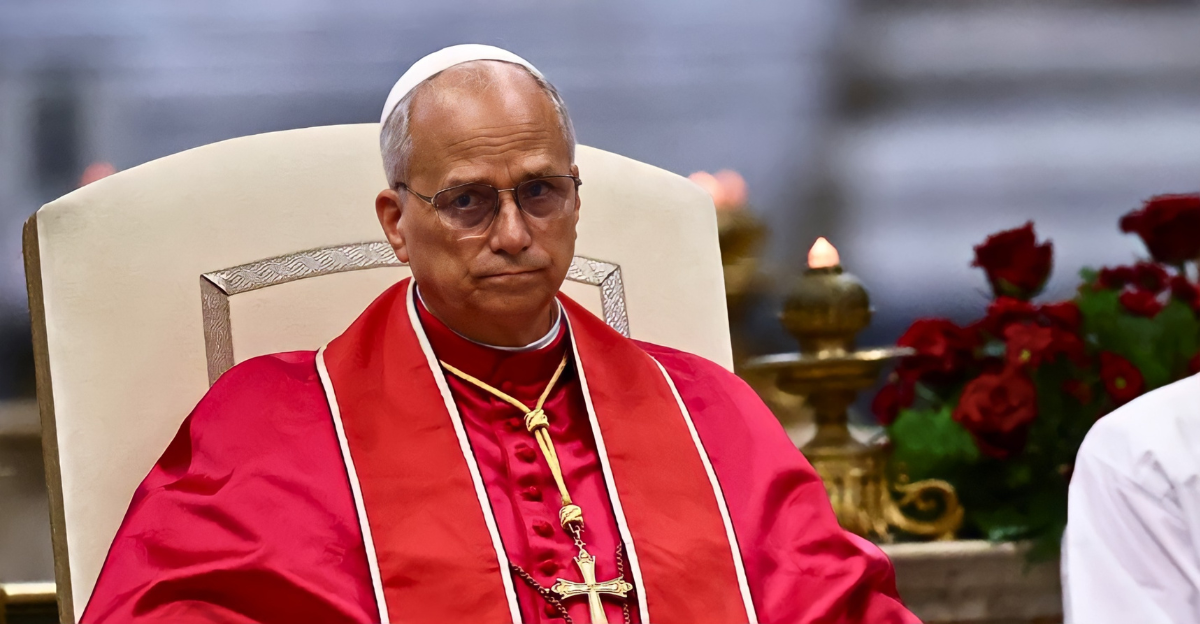
With a focus on Elon Musk’s potential to become the first trillionaire in history, Pope Leo XIV has issued a stark warning about excessive wealth concentration. He contends that these stark differences in compensation between CEOs and average workers, which are currently reportedly up to 600 times higher, indicate a crisis in society. This extreme inequality threatens the foundation of democracy and human values, making it more than just an economic issue.
Centuries of religious philosophy have criticized an excessive love of wealth as a destructive force to empathy and communal solidarity, which is the foundation of the Pope’s warning. Musk’s proposed trillion-dollar compensation package is a symbol of society’s loss of higher-purpose values, sowing the seeds of insecurity, division, and a decline in public trust.
The Historical Background of Wealth Alerts
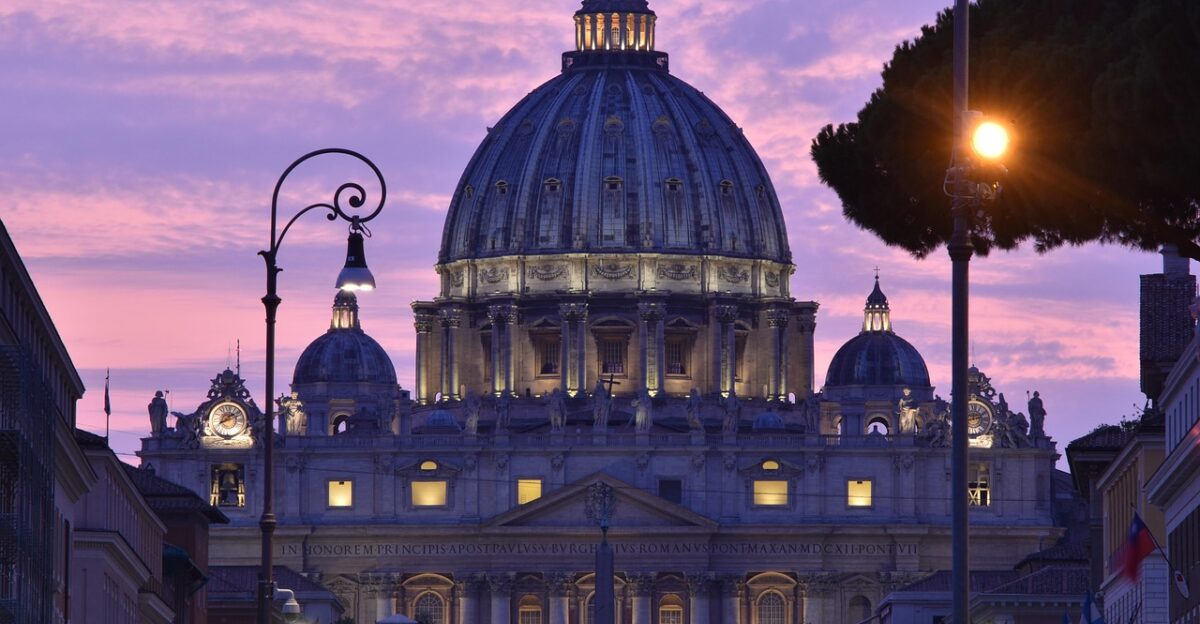
Numerous instances of philosophical and religious criticisms of immense wealth can be found throughout history. The Gospels famously depict wealth as a spiritual impediment, highlighting the difficulty wealthy people may have in achieving social and moral congruence. Unlimited accumulation is seen as a risk of idolatry and social alienation in Christian teachings, which are reflected in Pope Leo’s position.
Former popes and religious authorities have cautioned that societies built on such disparities frequently experience instability and the breakdown of social ties. There are concerns about a recurrence of previous cycles of societal decay due to the unprecedented inequality of the modern era, where billionaires hold disproportionate power.
The Rise in Abundant Wealth
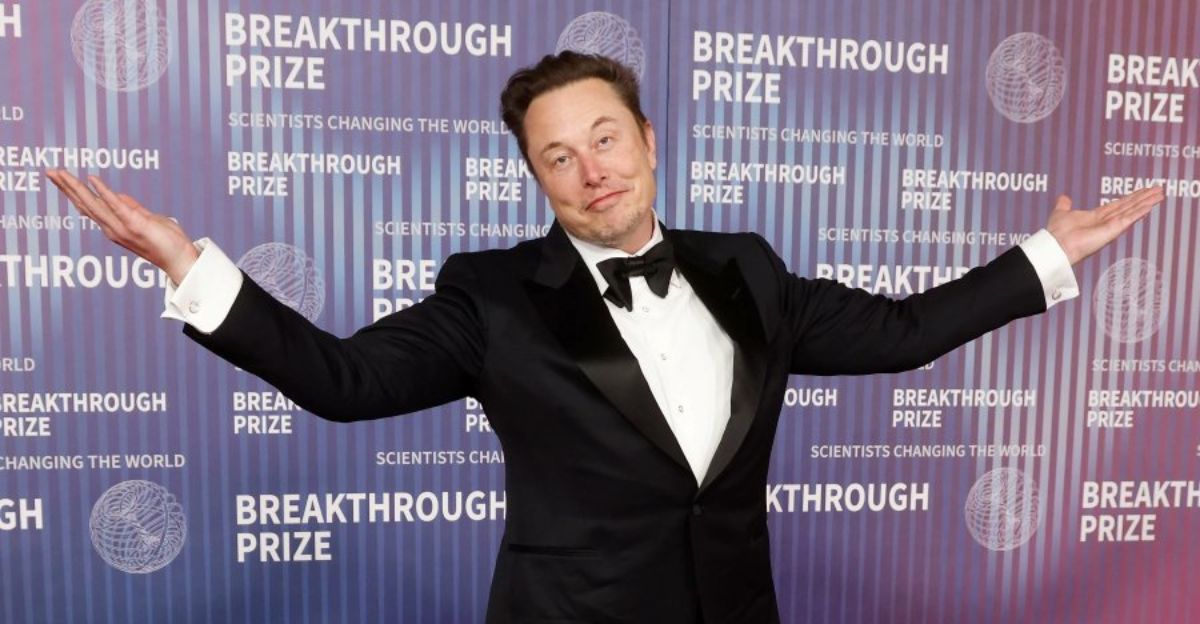
The world’s wealthiest 1% have accumulated nearly $34 trillion in the last ten years, which is enough to eradicate poverty on a multi-generational scale. However, poverty and inequality are made worse by this hoarding of wealth.
Elon Musk is a prime example of this trend, with his wealth skyrocketing while most people’s wages remain stagnant. According to studies, cronyism, monopolistic practices, and rent-seeking are more common ways for billionaires to amass wealth than true innovation. This concentration exacerbates resentment and jeopardizes democratic institutions by distorting markets, political power, and social mobility.
The Effects of Billionaire Wealth on the Mind

According to psychological research, billionaires are disproportionately characterized by the “dark triad” traits of Machiavellianism, narcissism, and psychopathy. Wealth exacerbates societal divisions by promoting moral disengagement, emotional coldness, and diminished empathy.
Extremely wealthy people frequently experience stress from upholding their status, which affects their ability to make decisions and interact with others. The social responsibility of billionaires is undermined by their lack of empathy, which frequently justifies exploitative behavior. This psychological profile stands in sharp contrast to the ideas of stewardship and communal well-being that moral leaders such as Pope Leo espouse.
Political and Economic Risks
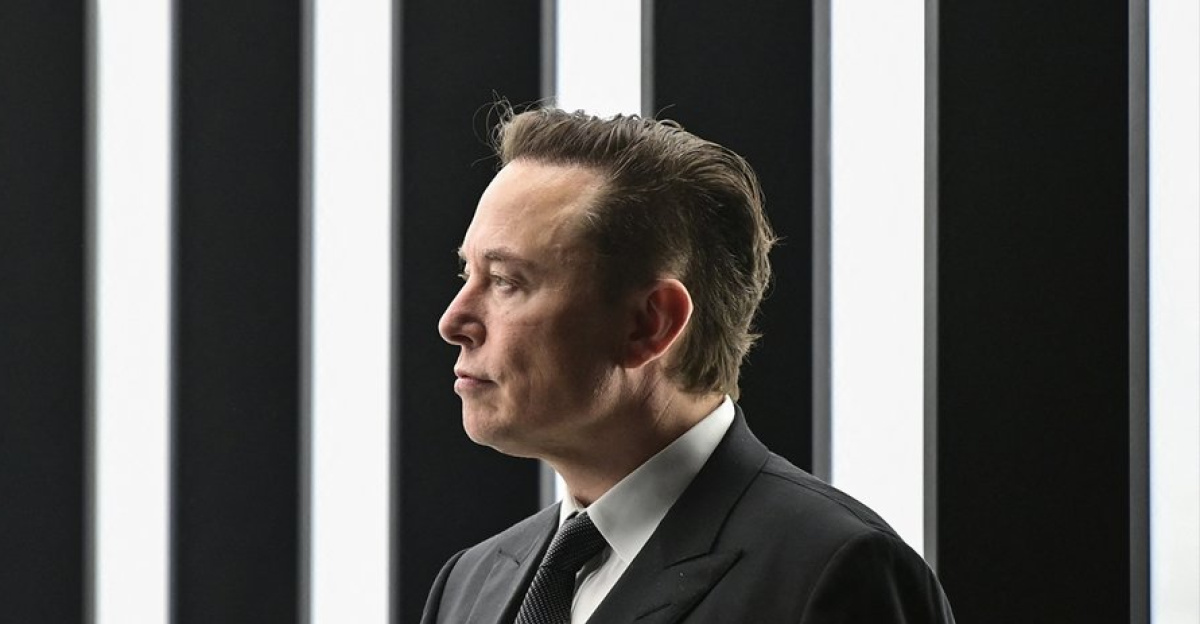
Systemic risks arise from extreme wealth like Musk’s. His impact goes beyond markets into the political arena, where billionaire power affects governance, labor rights, and regulatory frameworks. Musk’s dominance over vital sectors like satellite internet, space, and electric cars has an impact on democracy and national security.
Democratic norms and the fair distribution of resources are in danger due to the emergence of oligarchic tendencies, in which a small number of billionaires influence policies and skew accountability systems. The foundation of capitalism, fair competition and opportunity, is undermined by wealth concentration.
Musk’s Special Contribution to Social Upheaval
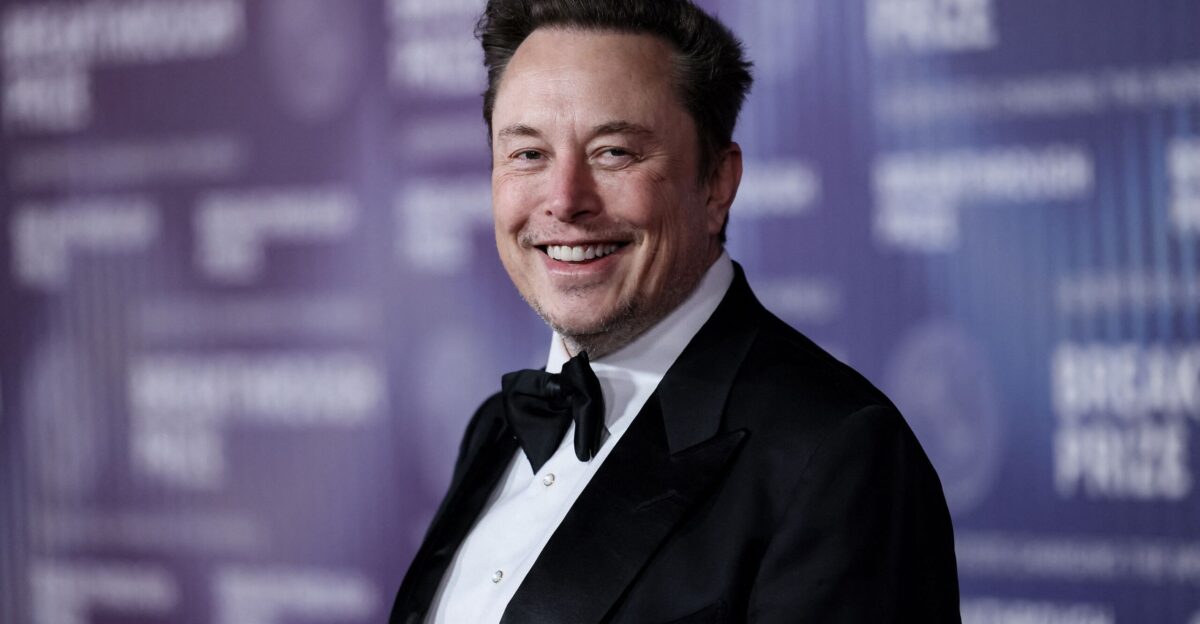
Elon Musk is a provocateur who is altering the conversation about technology, governance, and power rather than being a passive billionaire. He promotes innovation vigorously, but through contentious speech, the spread of false information, and shifting business methods, he also exacerbates social division.
His initiatives, such as Starlink, impact global connectivity while posing geopolitical and data privacy issues. Musk exemplifies the dual-edge of billionaire power, potential advancement tainted by moral and societal costs, with his combination of tech ambition and social impact.
Contrarian Views and Difficulties

Some contend that Musk’s wealth spurs innovation and philanthropy, providing billions for charitable causes and technological advancement, while detractors like Pope Leo emphasize the danger. However, many contend that the negative externalities of inequality outweigh these advantages.
Because billionaire philanthropy is opaque, it frequently compromises democratic accountability and has the potential to exacerbate rather than correct systemic imbalances. The difficulty is in telling the difference between the creation of actual social value and the accumulation of wealth disguised as altruism.
Moral Imperatives and Solutions
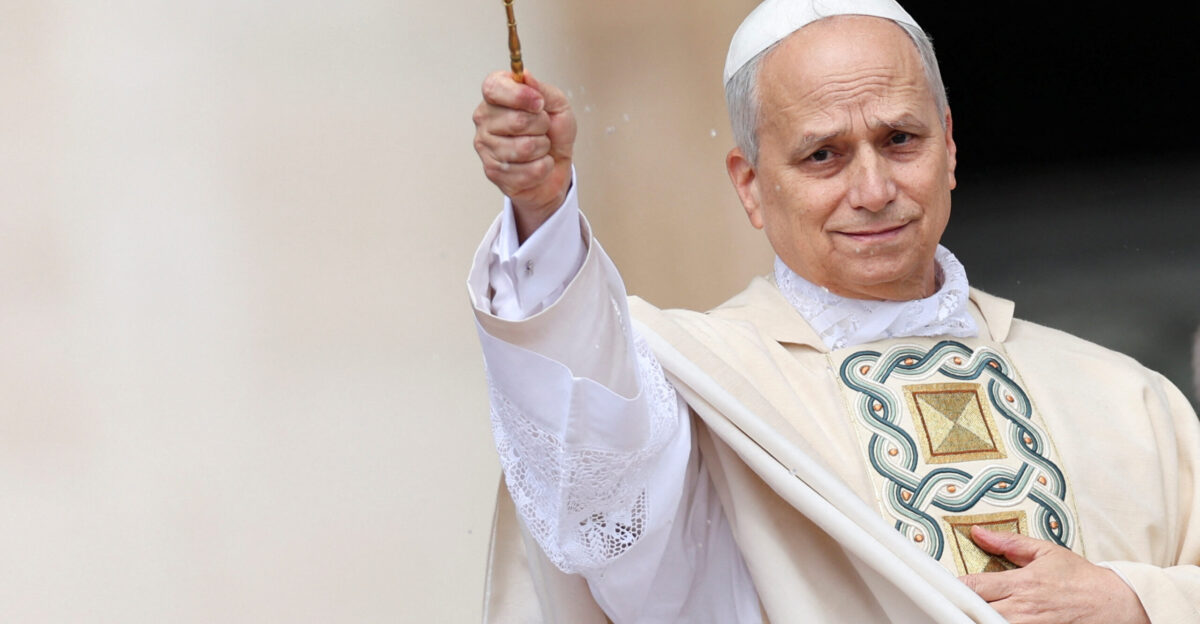
Pope Leo’s warning subtly urges immediate structural changes, such as lowering the extremes of executive compensation, improving tax equity, and strengthening social safety nets. Practical policy initiatives like wealth taxes, corporate governance changes, and enhanced worker protections are consistent with moral exhortations.
Faith-based viewpoints give ethical urgency by calling for a shift in societal values from material wealth to civic duty and spiritual well-being. In order to protect democratic integrity and equitable growth, billionaire influence must be reformed.
The Societal Virus of Wealth
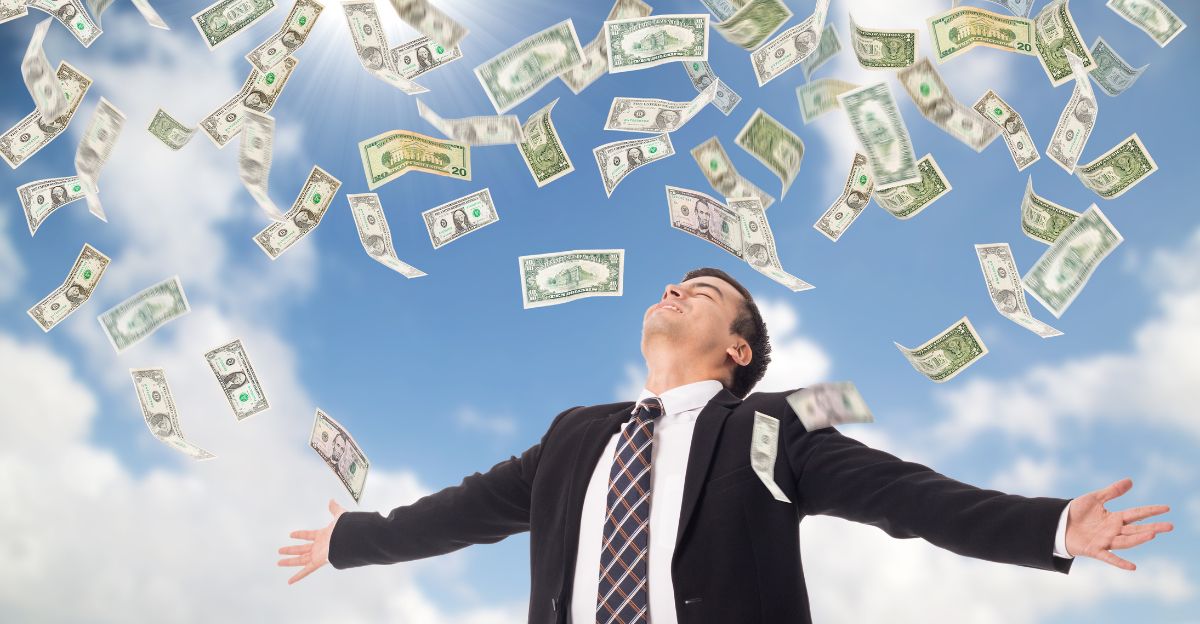
One way to think of wealth concentration is as a “societal virus” that infects democratic institutions, social trust, and cultural cohesion as it spreads throughout economic systems. Similar to a virus, it weakens the host (society) by spreading through strategies like tax evasion, monopolistic behavior, and political lobbying.
This metaphor emphasizes the urgency: unbridled, excessive wealth has the potential to spread like an epidemic and cause a systemic collapse. A new framework for inspiring group intervention is provided by the recognition of wealth accumulation as a pathogen.
Musk’s Extended Compensation Package
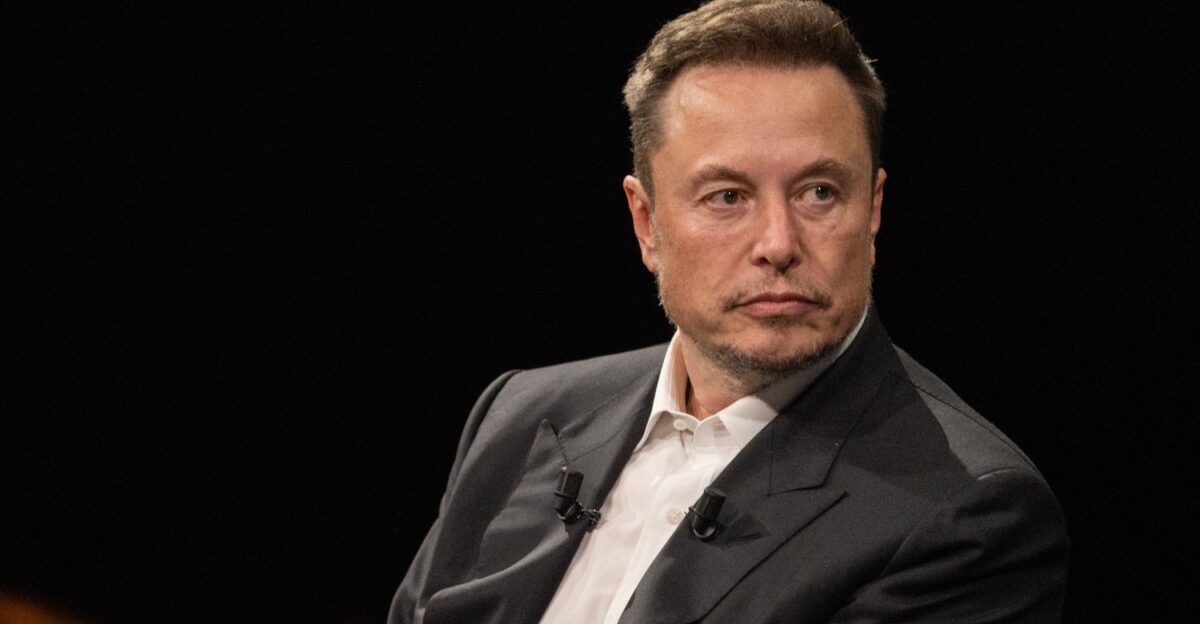
The gap between executive compensation and the realities faced by average workers is glaringly evident in Tesla’s board proposal to give Elon Musk a $1 trillion compensation package that is subject to aggressive growth targets. If all requirements are fulfilled, the package would increase Musk’s wealth to previously unheard-of levels, making him the first trillionaire in history.
This stands in stark contrast to the average CEO salary of $17.2 million and the median salary of $35,570 for U.S. workers, revealing a staggering disparity that defies social norms. The proposal highlights a corporate governance model that is frequently criticized for placing a higher priority on accumulating wealth than on distributing value fairly. It also calls into question whether incentive schemes actually spur innovation or maintain excessive financial concentration.
The Extended Biblical and Ethical Viewpoint
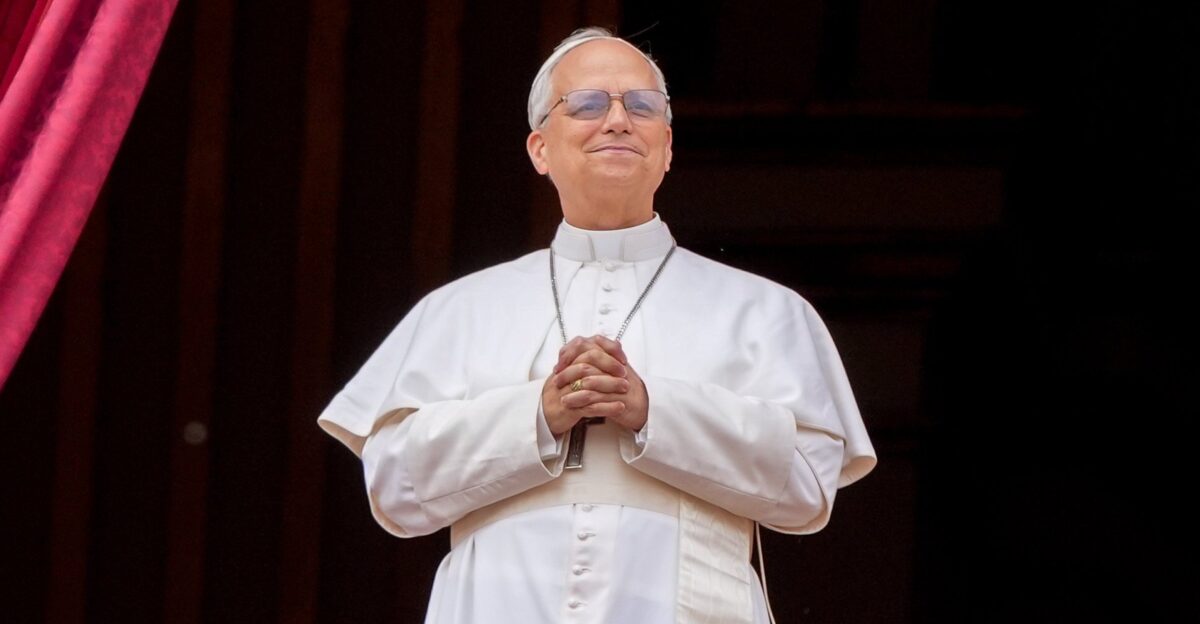
Pope Leo XIV strongly echoes the biblical critique of wealth, which warns that unbridled wealth can stifle spiritual development and encourage idolatry, sometimes known as the worship of Mammon. Scripture forces adherents to consider the relative importance of material wealth versus spiritual and societal well-being. These writings highlight social justice, humility, and generosity as the cornerstones of a moral society. These cautions oppose the excesses of modern capitalism, which prioritize unrestricted accumulation over equity.
The ancient wisdom that wealth should be viewed through the prism of stewardship and collective dignity rather than individual acquisition alone is reaffirmed by Pope Leo’s moral framework. This theological perspective highlights the moral necessity of wealth and provides a critical counterpoint to narratives that exalt it as the ultimate good.
Acceleration of Technology and Ethical Concerns
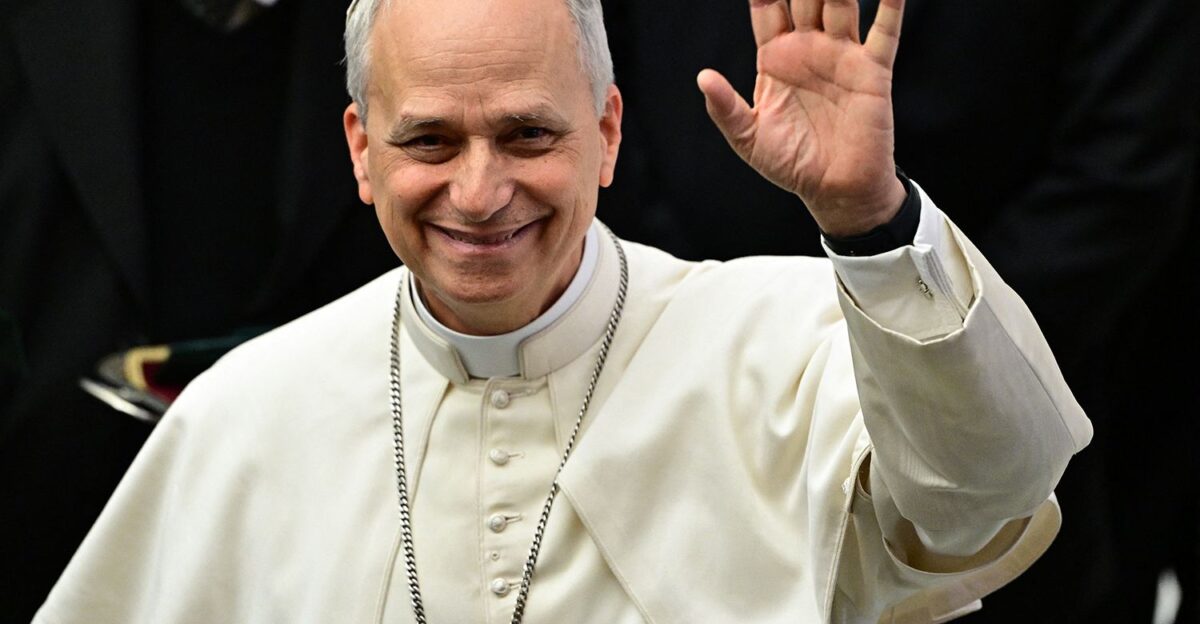
There are significant ethical ramifications to Elon Musk’s unrelenting quest for technological advancements in fields like artificial intelligence, space exploration, and worldwide internet connectivity. Without strong governance and moral protections, rapid technological innovation runs the risk of escalating power disparities and social inequality. Discussions concerning the safety of AI, the dissemination of false information, and the geopolitical control of vital infrastructure are regularly sparked by Musk’s public statements and business practices.
These disputes highlight a larger issue: how to guarantee that transformative technologies advance humanity as a whole rather than uphold billionaire domination. Pope Leo XIV’s more general caution about the destabilizing effects of wealth concentration is in line with the moral concerns brought up by Musk’s business endeavors. If not governed by inclusive values and open oversight, technology, which is controlled by a small number of extremely wealthy actors, has the potential to accelerate disruption, increase societal risks, and deepen polarization.
Effects of the Second and Third Order
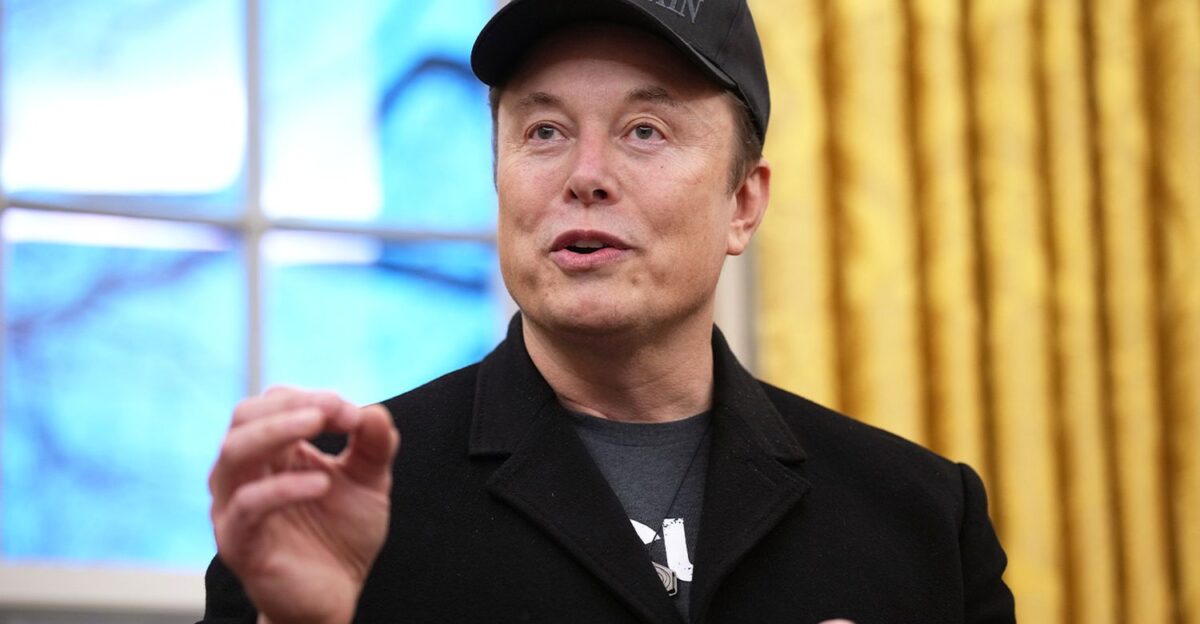
The normalization of Elon Musk’s trillionaire status and other extremes of wealth could have disastrous second- and third-order societal repercussions. Increased political influence by ultra-wealthy people, which results in regulatory capture and policy distortions in favor of oligarchic interests, is one of the second-order effects. Widening wealth disparities have the potential to worsen social unrest, erode public confidence in governmental institutions, and support populist movements.
On a more profound level, third-order effects include the rise of technological monopolies that influence global governance, cultural changes that weaken social cohesion, and an increase in mental health issues brought on by economic stress. These changes have the potential to set off feedback loops that worsen inequality and fragmentation and drive societies toward structural instability.
Final Thoughts
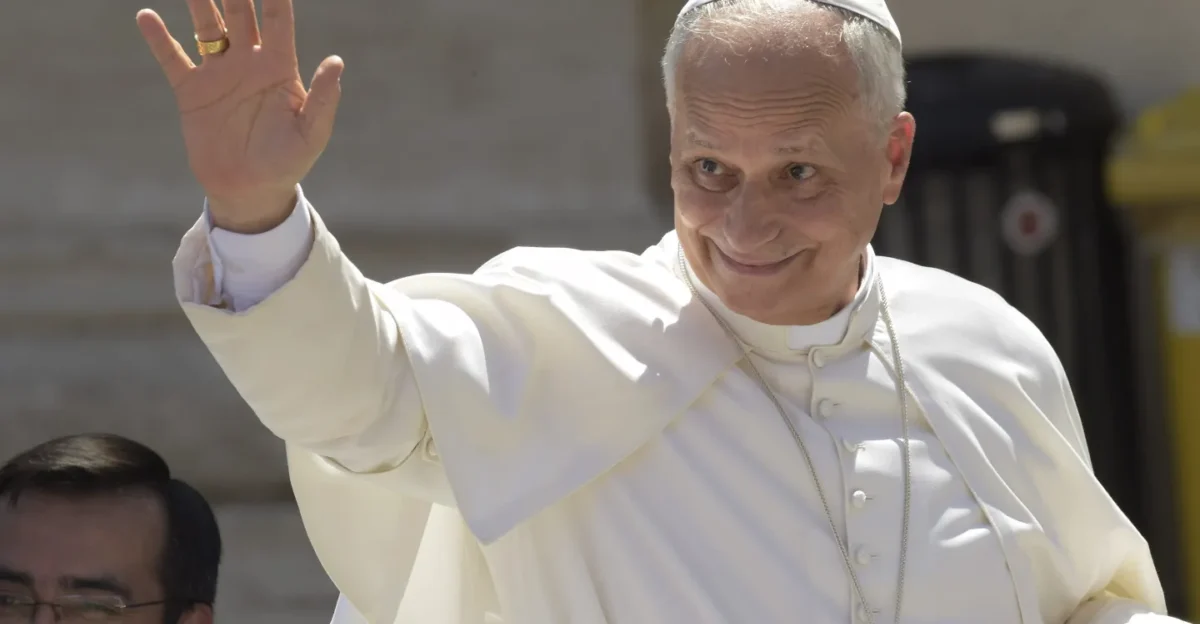
More than a criticism of personal wealth, Pope Leo XIV’s cautions regarding Elon Musk’s extraordinary wealth represent a dire warning about the direction society is taking. The enormous wealth gaps reflect growing moral, psychological, and social crises and are more than just economic realities.
Unchecked billionaire accumulation is a threat to social harmony, democratic integrity, and collective well-being, according to historical lessons, ethical teachings, and current research. These issues run the risk of causing systemic cracks and undermining shared values if they are not addressed. Pope Leo is making an urgent call for a fundamental reexamination of wealth distribution models, governance frameworks, and societal values.